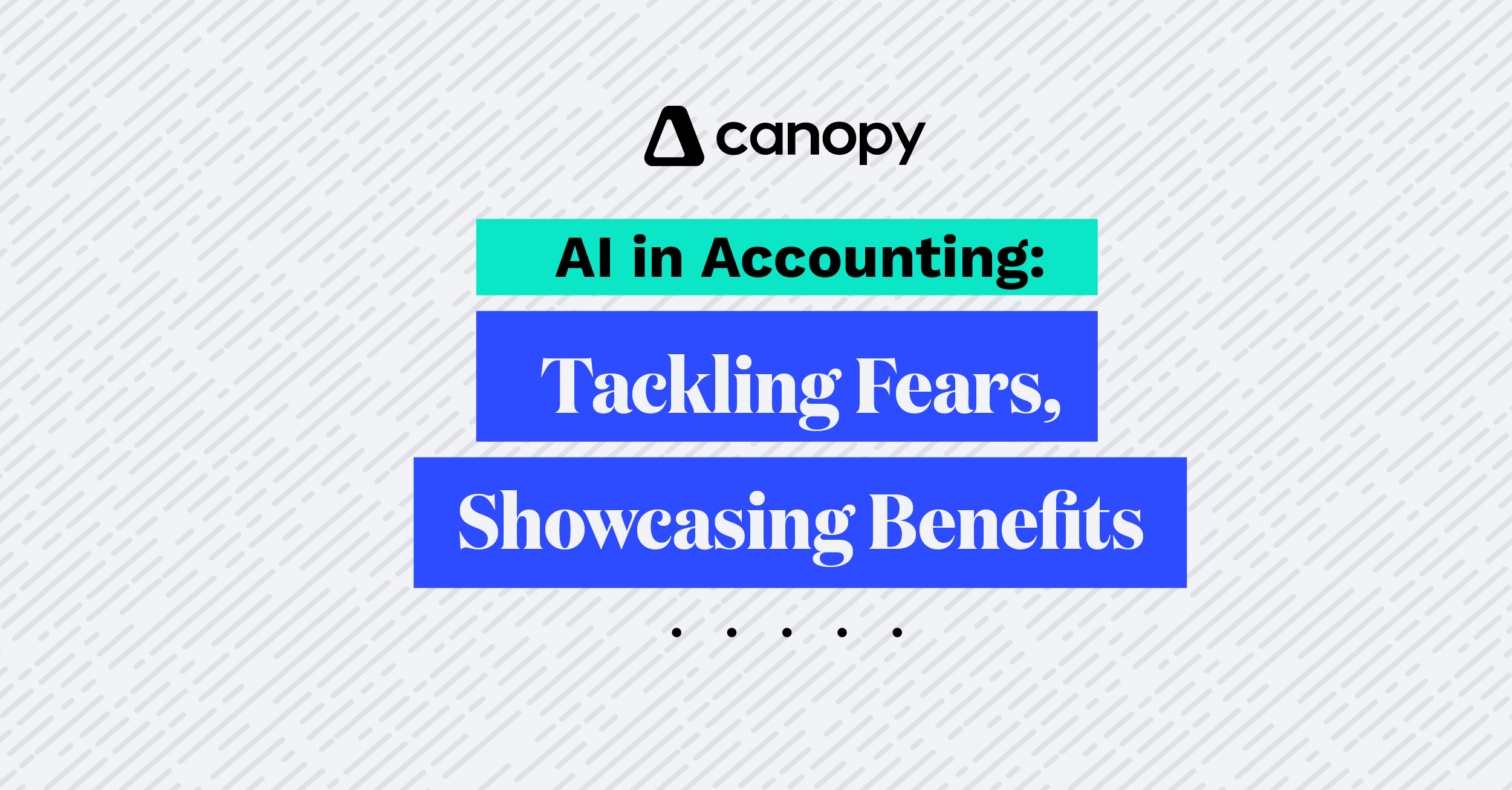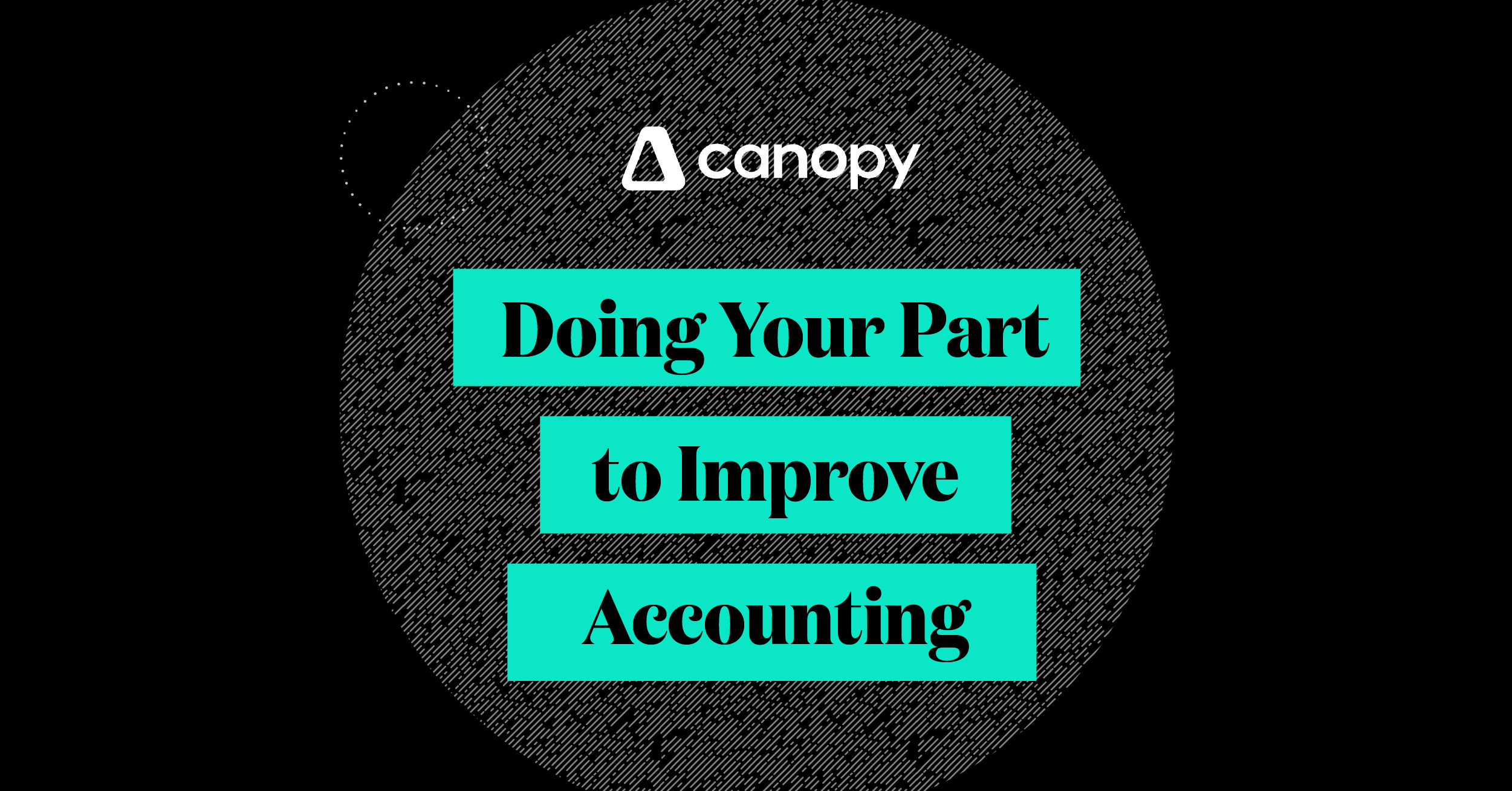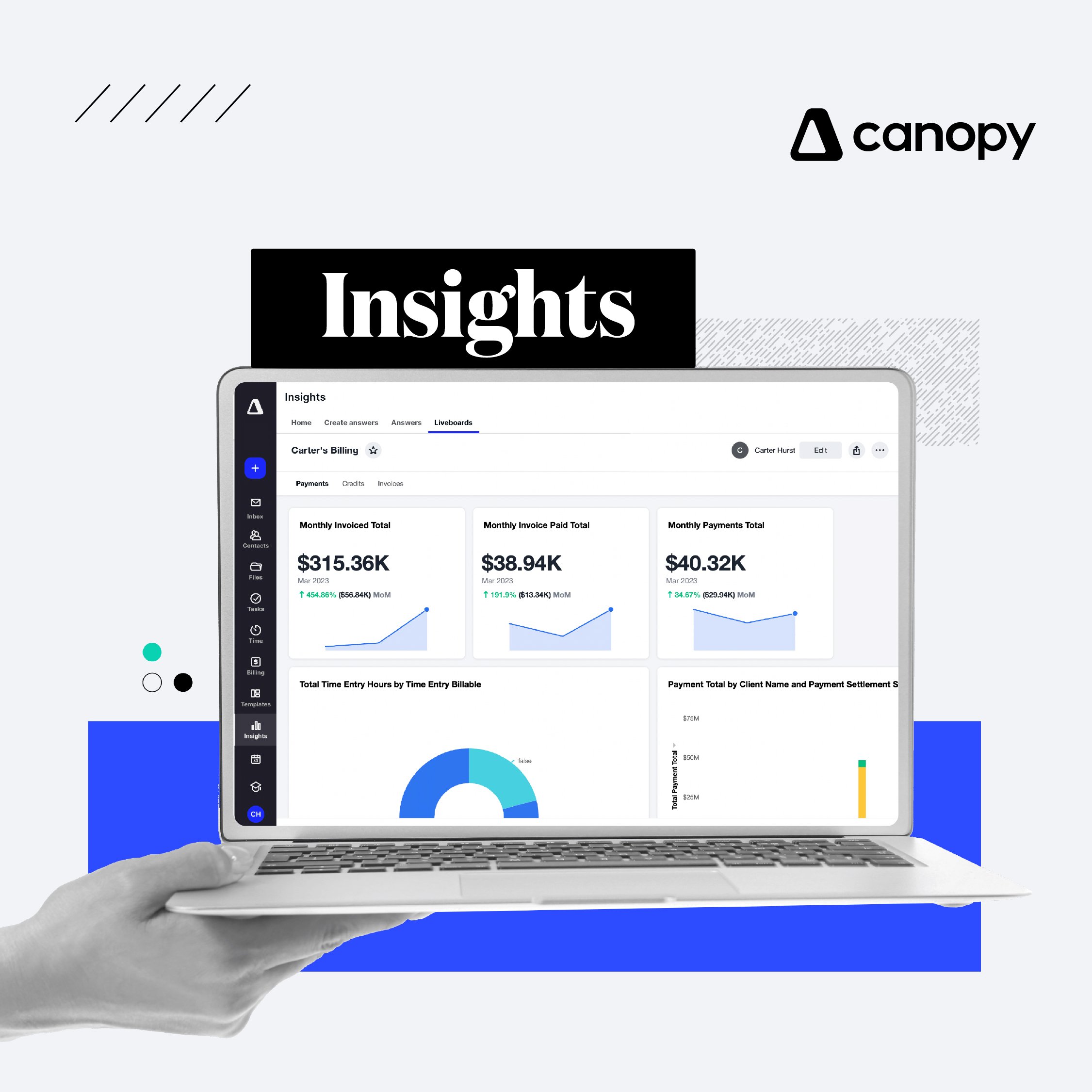Understanding the Hesitancy
The rise of artificial intelligence (AI) has sparked both excitement and apprehension across various industries, including accounting. As an accountant, you might feel a mix of curiosity and concern about integrating AI into your practice. These feelings are valid and stem from a few common fears:
- Job Security: The fear that AI will replace human jobs is a significant concern. Accountants may worry that automation will render their roles obsolete.
- Complexity and Learning Curve: Introducing a new technology often comes with a steep learning curve. The fear of not being able to understand or effectively use AI tools can be daunting.
- Data Security: With cyber threats on the rise, the worry about AI systems being secure and protecting sensitive financial data is valid.
- Cost: The potential high costs associated with implementing AI technology can be a deterrent, especially for smaller firms.
AI as an Ally, Not a Replacement
While these fears are understandable, it’s important to see AI not as a threat but as a powerful tool that can enhance your accounting practice. Here’s why:
-
Job Enhancement, Not Replacement: AI is designed to handle repetitive, time-consuming tasks, allowing accountants to focus on more strategic and value-added activities. This means more time for advisory roles, client interactions, and complex problem-solving—areas where human expertise is irreplaceable. According to a Deloitte survey, 58% of accounting professionals believe AI will enhance their roles by automating routine tasks.
-
User-Friendly Tools: Modern AI tools are becoming increasingly user-friendly. Many AI applications in accounting come with intuitive interfaces and require minimal training. Providers often offer comprehensive support and resources to help users get up to speed quickly. PwC found that 72% of business leaders view AI as a business advantage due to its ease of use.
-
Enhanced Security: AI systems are built with advanced security measures to protect data. These systems can also help in identifying and mitigating risks, providing an extra layer of security for sensitive information. The International Federation of Accountants (IFAC) reports that AI-driven security measures can significantly reduce the risk of data breaches.
-
Cost-Effective Solutions: While the initial investment might seem high, the long-term benefits of AI—such as increased efficiency, reduced errors, and improved decision-making—can lead to significant cost savings. Gartner predicts that by 2025, AI will reduce operational costs in finance departments by 30%.
Getting Started with AI
Starting your AI journey doesn’t have to be overwhelming. Here are a few steps to ease the transition:
-
Start Small: Begin with one or two AI tools that address your immediate needs. This could be an AI-powered accounting software or a tool for automating specific tasks.
-
Leverage Training and Support: Take advantage of the training and support offered by AI solution providers. Many offer tutorials, webinars, and customer support to help you navigate the new technology.
-
Stay Informed: Keep yourself updated with the latest developments in AI and accounting. Join professional networks, attend industry conferences, and read relevant publications.
-
Engage with Peers: Connect with other accountants who have integrated AI into their practices. Learn from their experiences, challenges, and successes.
What Does the Accounting AI Landscape Look Like Now?
Incorporating AI into accounting has already started. Check out the number of companies in the accounting industry that are adopting AI in their software:
(Photo Credit: Andreessen Horowitz)
The integration of AI into accounting doesn’t have to be a source of fear. By understanding the potential of AI and starting with user-friendly tools, you can unlock new opportunities for efficiency and growth in your practice. Embrace AI as a partner that can enhance your capabilities, allowing you to focus on what you do best — providing exceptional service and strategic advice to your clients.

Chris is a content manager for Canopy, joining the team with a combined eight years of experience as a copywriter, editor-in-chief, and content marketer. He's a skilled wordsmith and strategic thinker who shapes brand identity through compelling content and fosters a collaborative and innovative environment. With a passion for storytelling and a dedication to excellence, he is a driving force behind any company's success in content marketing. Champion of the Oxford comma.
READ MORE BY Chris






Get Our Latest Updates and News by Subscribing.
Join our email list for offers, and industry leading articles and content.